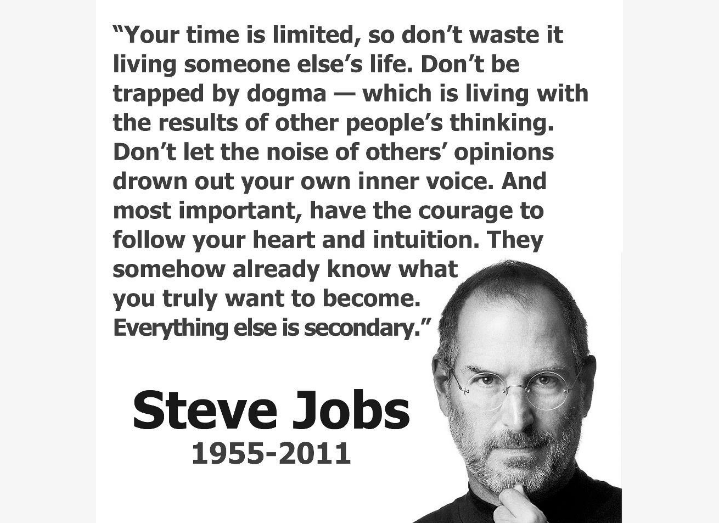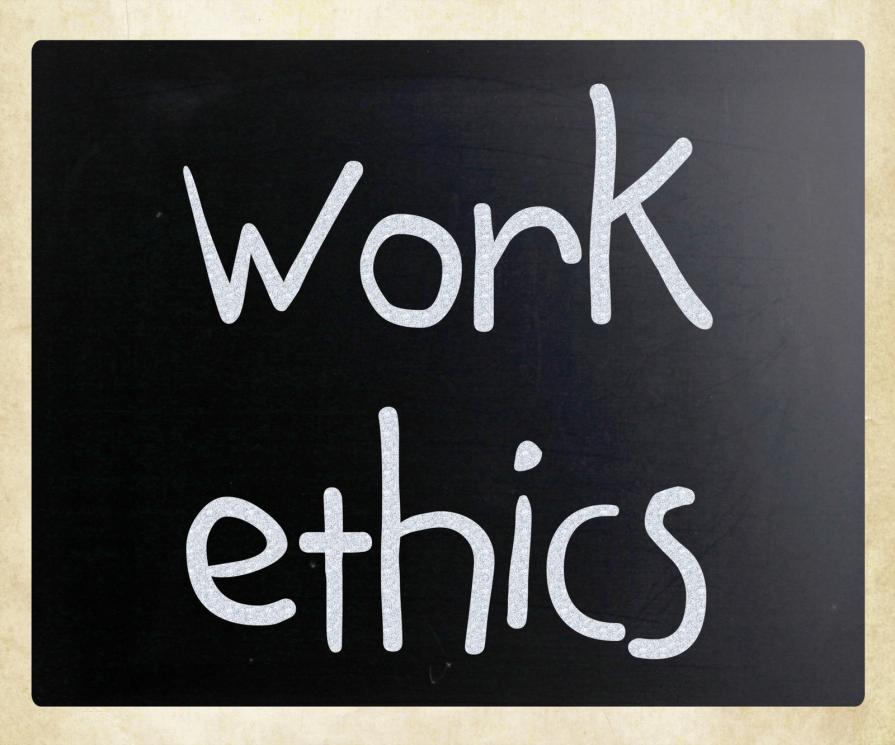Leadership Development
How To Set Goals | Goal Setting Fundamentals
“A leader is one who knows the way, goes the way, and shows the way.”
— John C. Maxwell
⇒ Leaders Set Goals
Do you consider yourself a leader?
Sometimes we associate leaders with high-profile, powerful positions.
• The CEO of a Company.
• The Principal of a School.
• The President of the United States
And yes, these people are leaders. But you don’t have to be rich, famous, or powerful to be a leader. You just need to be a person who leads.
Leaders are needed in all areas of life — in families, amongst friends, on teams, in the workplace, and on campus.
They’re the ones that open doors for others to follow and set the standards by which we live.
Leaders can possess a variety of different characteristics and personality traits. They might be driven, intelligent, creative, hard-working, charismatic, or even domineering. But the similarity that one can find amongst almost every leader… THEY HAVE GOALS!
“You can practice shooting eight hours a day, but if your technique is wrong, then all you become is very good at shooting the wrong way. Get the fundamentals down and the level of everything you do will rise.”
—Michael Jordan
⇒ Fundamentals of Effective Goal Setting
In goal setting, technique is everything!
When I hear people explain that they are having trouble with accomplishing their goals, it is usually because they started off wrong from the beginning. They had bad goals. I don’t mean the things they wanted were bad. It’s just that they didn’t set their goals up for success.
A goal is more likely to be accomplished if it’s designed with these qualities in mind:
1. YOUR GOAL MUST BE POSITIVE
2. YOUR GOAL MUST BE SPECIFIC
3. YOUR GOAL MUST BE REACHABLE
4. YOUR GOAL MUST BE PERSONAL
If your goal doesn’t satisfy these four requirements, you might run into some trouble along the way. Over the next few posts, we’ll take a closer look at these characteristics that differentiate a good goal from a bad goal.
NEXT UP: How To Set Goals Quality #1: Make Your Goal Positive
Do you have any favorite goal-setting lessons, quotes, games, or activities that you use to teach goal-setting? Maybe you know a great tip to help eager goal-setters reach their goals faster? Leave your comments below!
I look forward to a great goal-setting discussion!
How To Improve Your Professional Ethics
Careless or professional, a person’s work ethics can make or break his/her reputation at work and career growth. Increase your professional ethics by evaluating your current attitudes towards work, identify your pitfalls and take help from these five easy tips to have stronger work ethics and a fulfilling professional life.
Be dedicated and punctual
Strong work ethics are reflected by an employee’s dedication and commitment to his job. Maintain a regular attendance, take responsibility and ownership for your performance, remain focused on your targets, and put in extra efforts to complete your assignments to the best of your ability. You may need to occasionally dedicate a few extra hours, but take it as your chance to outshine the rest of employees.
Your punctuality at work speaks volumes about your professional ethics. Make sure you are on time to work and all work-related appointments. Submit your work in time, foresee delays, and let your employer know about your absences in advance.
Be reliable
Make sure to fulfill all promises and honor your project deadlines; in case you anticipate a delay, take your manager into confidence and set another realistic deadline. Being dependable is the backbone of maintaining an ethical reputation, and induces a relationship of trust between the employer and employees as well as between coworkers by showing that you prove what you portray.
Aim high in productivity and quality of work
Sometimes just working to keep your job intact is not enough. Those with good work ethics remain vigilant about their quality of work. Avoid being a passenger in your team and become a productive member instead. Your quality of work ultimately integrates into the company’s overall quality and reputation.
Finish your assigned tasks before the shift ends and strive to earn a better project next time. Be competitive yet attentive to instructions and details. Don’t hesitate to get help, even when you are leading. Set a standard of quality for you to achieve and take initiative to get projects started instead of waiting to be asked. Your positivity, problem-solving skills, flexibility, communication skills, and openness to feedback will always come in handy to earn you a good reputation at work.
Be cooperative to your co-workers and respectful of your work resources
Respect your peers, be willing to help them and avoid getting interfering or too personal in your interactions. Maintain healthy professional relationships with your coworkers to make collaborations and teamwork go smoother. Be an important contributor to your team and help them meet collective objectives.
To increase your professional ethics, it is absolutely vital that you remain respectful of your work time and resources. Respect the company’s privacy and data protection policies; use office time to work instead of personal engagements, save lunch breaks for personal chats with colleagues and treat all equipment and supplies with care. Your appearance reflects your work ethics, so make sure to dress professionally and maintain a moderate attitude.
Demonstrate a strong character
A good work ethic and a strong character are synonymous to each other in a workplace. Stay modest about your achievements and honest about your setbacks, and foster a trusting bond with clients, managers and colleagues by offering them honest feedback and advice. Your high moral standards, self discipline, and self-motivation will distinguish for the rest of the workforce and convince your supervisors of your loyalty to the company and non-problematic nature.




